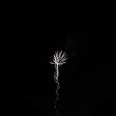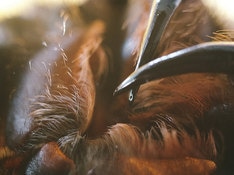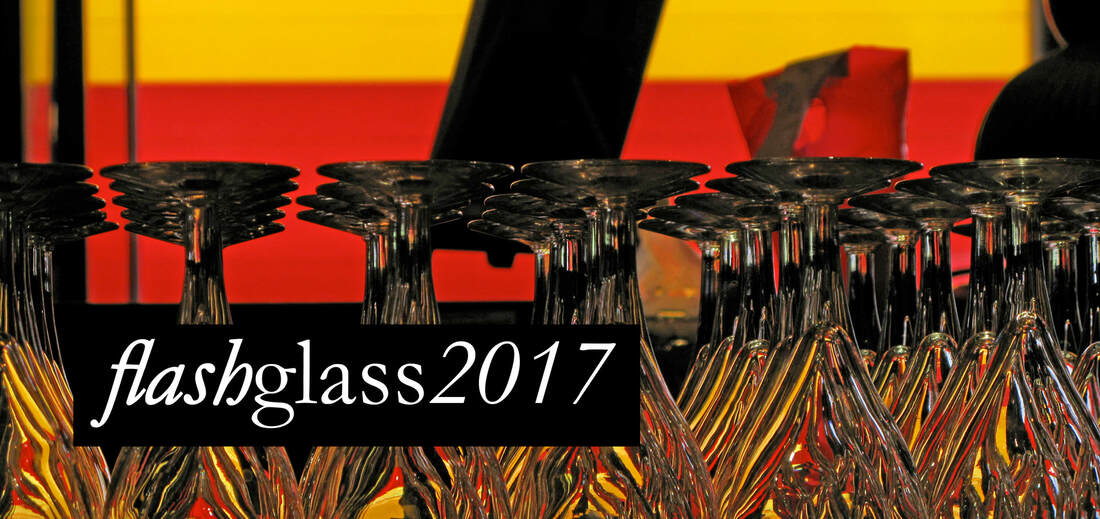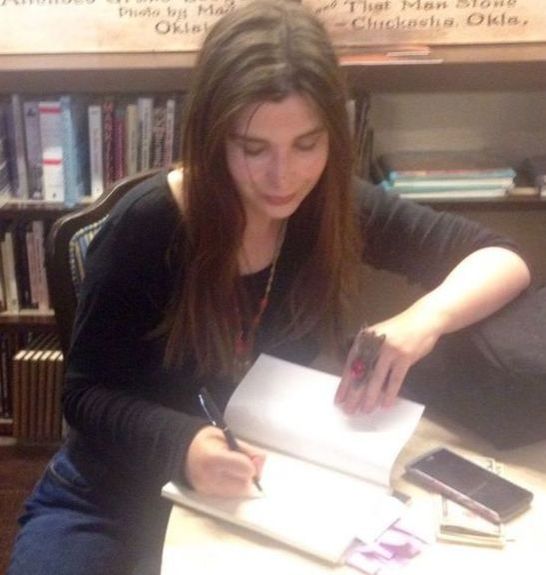1 Comment
 Petrichor: as in the smell of the earth after it rains. As in nitrogen filtered through the ground. As in the scent I remember on the night that I met her. The night was alive with wetness, a happy wetness, a boisterous but distant challenge from thunder. How soft and smooth the air felt once the clouds stopped shedding. The frogs were cloaked in darkness as they voiced their mating calls, the moon just beginning to pierce the overcast curtains the sky had drawn. And the smell! It was like the dark musk of the earth. Assemblage: as in a small gathering. As in two is a pair, three is a crowd, but five makes a party. I was invited into the dorm by a new and lovely friend. Her face held an assemblage of freckles, her eyes framed by large-lensed glasses. She took my hand, which surprised me. She led me to her room where three of her friends were already drunk. She was a microcosm of atoms, assembled into a woman. The light was low, the window open to the weather, rain still dripping from the wooden pane. Lissome: as in slender or graceful. Though her name, Katie, was sharp, two staccato syllables connected by a broken hinge, it was as if her body was dancing even when she was standing still. I watched her silhouette in the dark as we listened to hip-hop, as she settled into my lap. The circle of tipsy college students was pulsing, hearts in synch, dreams aligned. As she sat, her arm around my neck, her face close to my cheek, I could smell the perfume she wore. She smiled then, and I was lost. Scintilla: as in small thing or small spark. A quark at first, growing hotter as my desire grew. She threw back her head and laughed. Some scintilla, some flare, finally burst, illuminating the moment. I could not stop looking at her as she stood, her hips swaying to the music. When she sipped her glass of wine and looked at me, her eyes glowed, much like mine must have been, and there came a scintilla of recognition. Dalliance: as in a short love affair. We spent all of our time learning about each other. We learned to speak softly, honestly, together. Some nights were spent doing nothing, lying in her bed as the moonlight stretched across our bodies. We talked of the past, and of the present. We talked of the future, how uncertain it was. We wrote silly love letters, poems blistering with amity and candlelight. Imbroglio: as in a complicated situation. Angry words, bitter tears, and the fear that loneliness brings. Months after the breakup, I found myself clearing space for her in my life, clearing space for more stories. If we decided to reunite I might treat her better. I could not seem to let go. Eventually I realized that dwelling on something that might never happen was leeching away my life. Still, I held on to her words as I began to move on: things work out because they have no choice, she had said, even if they’re not how we expect them to. Ephemeral: as in fleeting, temporary, impermanent. The smell of the earth after it rains, or a small gathering in a college dorm room. Youth and beauty. A spark after a flame has been doused. Short love affairs built on sand, each grain sparkling with vanity. Ephemeral as the complexities of a failed relationship, a bitter stain washed away only with time. Time too is ephemeral, each second fleeing into the unknown. Listen: take what you think you can’t bear to lose, and cherish it. Then give it to the night.
 I tried to kill her once. My sister. My spider. More than once, actually. I tried smothering her, starving her out, slipping an x-acto knife between her abdomen and mine. Jamming a fork into her eyes. Nothing worked. Once or twice, she sunk her fangs into me when I tried, but the venom that made everyone else crawl and weep at my feet had no effect on me, just sizzled against my skin. Every time I tried to kill her, I imagined she’d drop off of me like the withered black stump of umbilical cord my mother pasted into my baby journal alongside pictures from the day I was born: me, tiny and pink and wailing; my spider, her soft exoskeleton already hardening, all eight legs waving over my chest; and my parents grinning at the camera, exhausted and giddy and terrified of what came next, when they’d have to leave the hospital and take me home. They weren’t scared of my spider for whatever reason, but plenty of people were, and my granddad insisted we should have been drowned at birth. I couldn’t help but see his point—I mean, I looked normal. But then my shirt would ride up or someone would hug me, and the day would end in screams and a visit to the emergency room. My spider bit besties and boyfriends and lab partners. We ran out of mice once, and she bit my cat. I woke to bloody sheets and a cat-shaped burrito of silk laying next to me, and my spider, looking well-fed and clicking happily. I suppose she was terrifying, but the thing I couldn’t stand was how everyone blamed me. Why couldn’t I control her? Or at least keep her to myself? My life would be great, I thought, without her hanging around on dates. I could cancel the pet store’s standing order for white mice. I could shower at the gym! Maybe one day I could have sex with someone—anyone—without having to explain that it could kill them. After years of grad school and shit jobs and ACE bandages tight as a tourniquet to smash my spider down under my dress, I bought a big black can of arachnid Raid and sprayed it in her face. I watched her legs seize and flail until a terrible burning sensation flooded my limbs. I hoped it was the feeling of her dying. It was not. I ended up in a slick pastel terror of a psych ward and endured weeks of tests and meds and group therapy till the doctor said I was stable and unlikely to take my life— that’s how she put it: your life. Just the one. She put up a scan from some fancy new imaging machine she’d developed after the dead started waking up. The image was like a cloudy x-ray, a blue blur of breastbone and ribcage, carapace and thorax, and— “Your soul made manifest,” the doctor whispered. My spider wasn’t just attached to me, she was me—my inside out. It took me a long time to get my strength back after that, a long time to get used to the fact that there was no undoing us. And then we hunted, and it erased every wasted night spent crying into deep glasses of wine, all those fumbling moments in the back seats of cars with boys I hoped would make it out alive. All of that shrank to nothing compared to the feeling of choking the life out of one of them, the satisfying shudder and shake of his limbs as my spider’s poison loped through his veins. Weren’t we lucky? Hardly anyone knows what they’re made of. Hardly anyone knows what they’re for, but I licked bloody tears from his face and knew I would never have to be as bored or alone as I would have been with him. Never again.  Erinn Batykefer earned her MFA from the University of Wisconsin-Madison and is the author of Allegheny, Monongahela (Red Hen Press) and The Artist's Library: A Field Guide (Coffee House Press). She is co-founder and editor of The Library as Incubator Project, and lives in Pittsburgh, Pennsylvania. |
FLASH GLASS: A MONTHLY PUBLICATION OF FLASH FICTION, PROSE POETRY, & MICRO ESSAYS
Categories
All
Cover Image: "Yellow Red Wine Glasses, Paris"
|
|
Glassworks is a publication of Rowan University's Master of Arts in Writing 260 Victoria Street • Glassboro, New Jersey 08028 [email protected] |
All Content on this Site (c) 2024 Glassworks
|





 RSS Feed
RSS Feed
